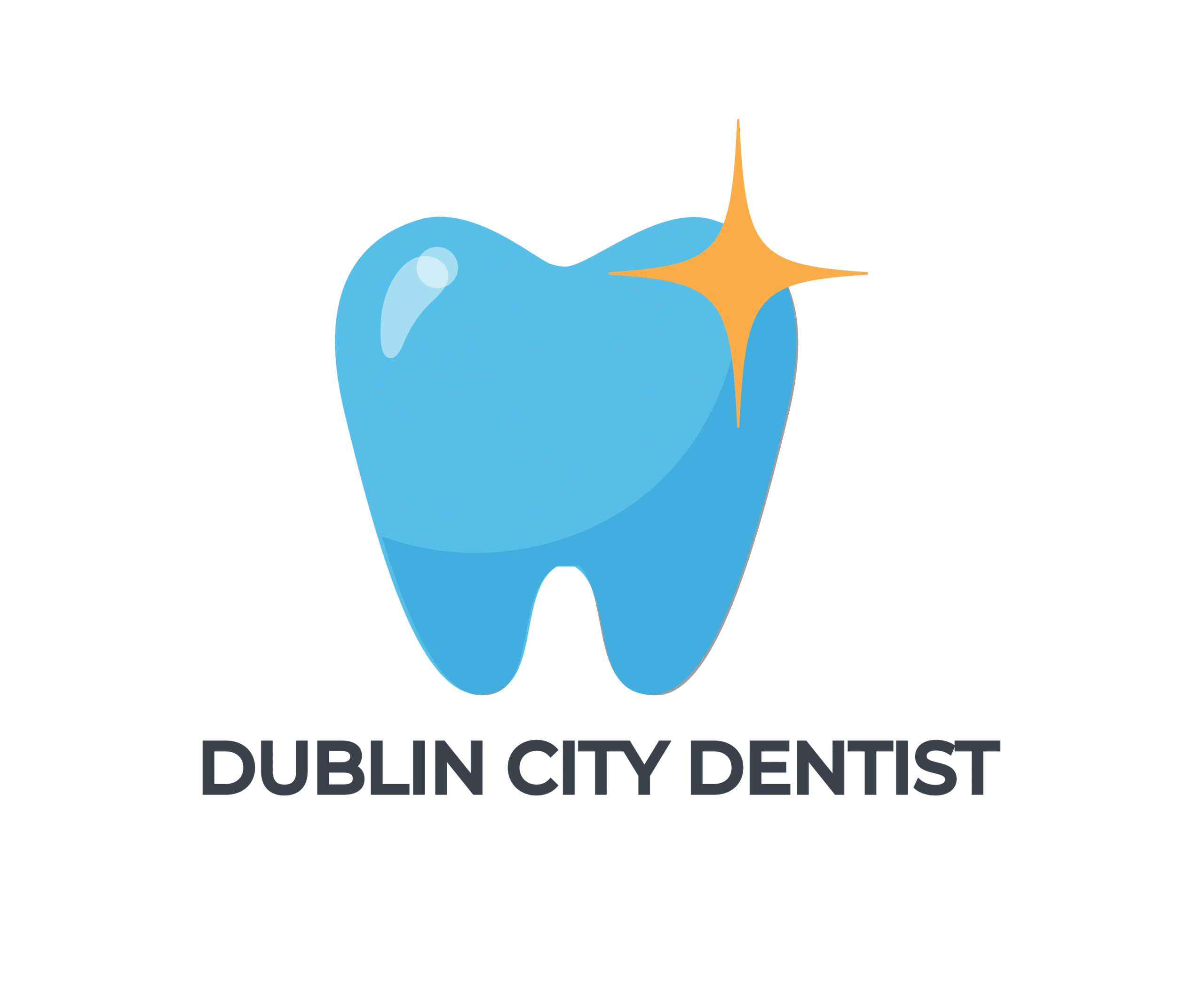Missing Teeth
There are a number of ways to replace missing teeth.
Choosing the right one for you will depend on why the tooth is missing, your oral health condition, and what you prefer.
How Can Missing Teeth Be Fixed?
Missing teeth indicate an issue where a person has one or multiple teeth missing from the jaw. This imbalance can be triggered by a range of reasons, including significant dental decay, periodontal illness, or even hereditary traits.
The absence of teeth can result in a variety of issues, including difficulties with biting and chewing, altered bite, a change in the appearance of the smile and displacement of other teeth. Furthermore, it can also lead to malocclusions as well as increased stress on the jaw joint and muscles.
Having a full set of teeth is key to maintaining the health and attractiveness of your smile. There are various solutions available for replacing missing teeth, like dental bridges, dentures, and implants. Each method has their own advantages which can help restore function and aesthetics while avoiding further issues.

Frequently Asked Questions
To prevent missing teeth, it’s important to maintain good oral hygiene, including regular brushing, flossing and doing dental checkups. Also avoiding smoking can help prevent missing teeth.
Missing teeth can have a significant impact on a person’s overall health. People without teeth may not be able to chew properly or speak properly and may be more susceptible to nutritional deficiencies and diseases like digestive disorders. Missing teeth can cause shifting of remaining teeth and pose problems with the bite.
Replacement teeth have different levels of care because of the type of replacement. Dental bridges and implants require yearly checkups and care to maintain their longevity, while dentures and partial dentures don’t need as much attention. Ensure that you maintain a regular schedule for all replacements to ensure they last as long as possible!
Have Additional Questions?
Contact us!
The Benefits
IMPROVED ORAL FUNCTION
When you have missing teeth, your ability to bite, chew, and speak correctly can be hindered. Replacing them will improve these abilities and give you back full oral function.
BONE LOSS PREVENTION
If a tooth is missing, filling the gap can help keep your jawbone healthy by stimulating it in the same way a natural tooth would. Otherwise, bone loss could occur as a result of not having this stimulation.
TOOTH PRESERVATION
Filling missing teeth can help protect your remaining teeth and jaw structure as it prevents them from shifting out of place. This keeps your natural dental alignment intact and prevents any further damage to your teeth or jaw.
IMPROVED DIGESTION
An incomplete set of teeth can lead to difficulty in chewing food, thereby hampering digestion. Replacing these missing teeth can facilitate efficient mastication and ensure smooth digestive functioning.

Save up to 50%
on all services!
Why wait to get the perfect smile you’ve always wanted?
Our team of experts is committed to providing personalized care and attention, and we take the time to listen to your concerns and answer all of your questions.
